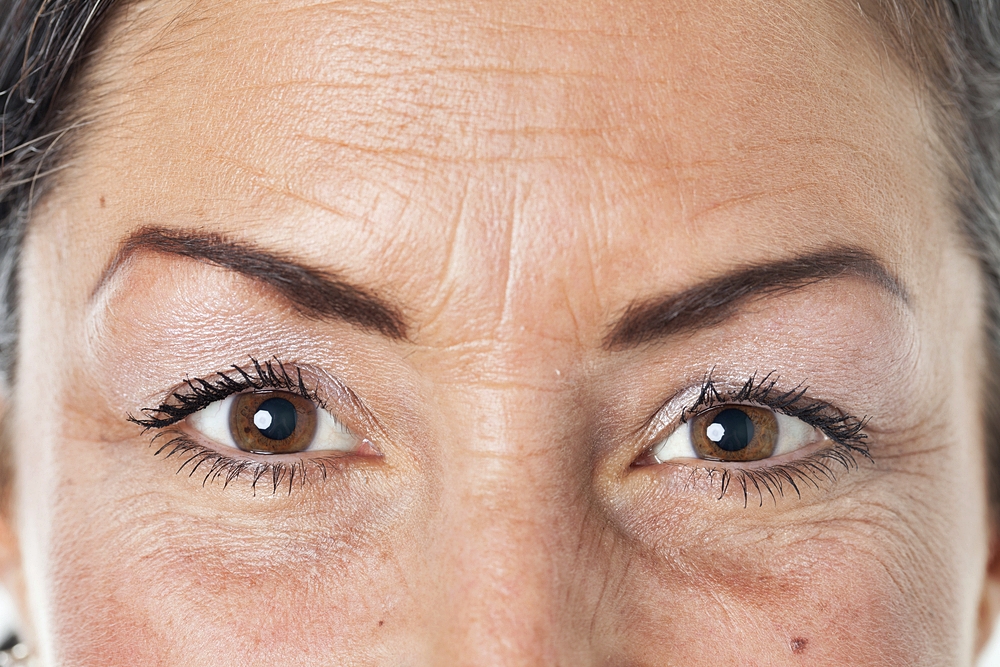We know that too much sugar leads to overweight in the long run. But that chocolate etc. promotes the formation of wrinkles? Glycation is one of the most common causes of skin aging.
We love candy. Understandable, because chocolate makes you happy and puts you in a good mood. The neurotransmitter dopamine is released and the body releases endorphins. But in the long run, too much sugar not only makes itself felt on the hips, but also on the skin and leads more quickly to wrinkles. Glycation is the name of the phenomenon in which our tissue literally saccharifies.
Glycation: What is that?
Glycation is the saccharification or caramelisation of the tissue fibres. If there is too much sugar in the blood or if the blood sugar level is constantly elevated, this can lead to a connection between the sugar molecules and proteins in our body. They literally stick together. This leads to inflammatory reactions in the body and damage to collagen and elastin (hardening of collagen fibres), the supporting corset of our skin. The elasticity and firmness of the skin decreases. Skin aging and wrinkle formation is accelerated.
How to Fight Glycation
One thing is clear: if you give your body too much sugar, you are strongly promoting skin aging. Glycation is therefore one of the most frequent causes of wrinkles. But nobody has to suffer a sugar shock. Here are a few effective tips to counteract the saccharification.
- A healthy diet can prevent premature skin aging through glycation. It is important to limit the consumption of sugar and to avoid sweets, juices, soft drinks and convenience products, for example. Carbohydrates also consist of sugar molecules and drive up the blood sugar level. One measure of this is the glycemic index (GI). The higher the index, the higher the blood sugar level. In other words, you should eat foods with a low glycemic index more often, such as whole grain products and vegetables. Also good are foods that help to lower blood sugar levels, such as onions, blueberries, chili, nuts and oats.
- An antioxidant diet is also preventive. Antioxidants – such as vitamin E (vegetable oils) or vitamin C (citrus fruits, peppers) – neutralise free radicals activated by oxidative stress, help against inflammation in the skin, counteract glycation and protect against premature skin ageing.
- Treat yourself to a collagen drink every now and then. The small bottles are full of vitamins that push the skin from the inside and get to where they are needed via the bloodstream.
- Not only from the inside, but also with the right care you can do a lot for a firm complexion. Vitamin C is the biggest killer of wrinkles. Ascorbic acid boosts the production of collagen in fruit and vegetables as well as in creams and serums and offers protection against free radicals. Retinol and fruit acids also offer protection.

